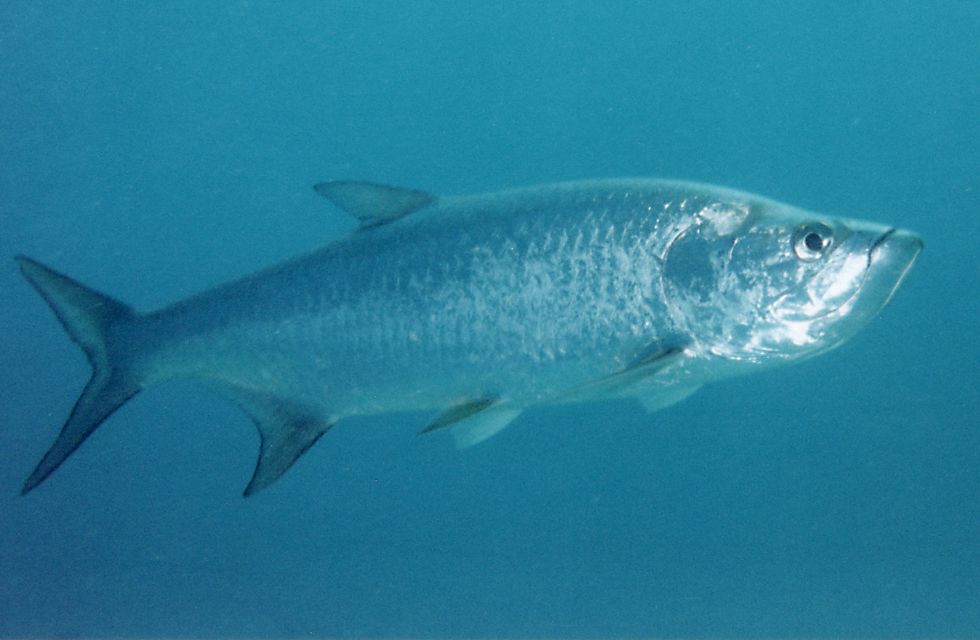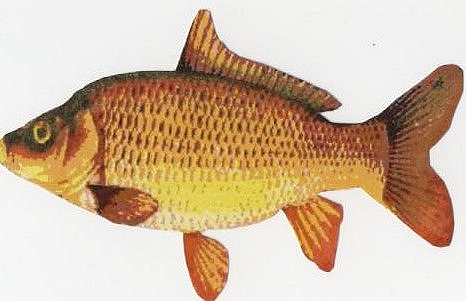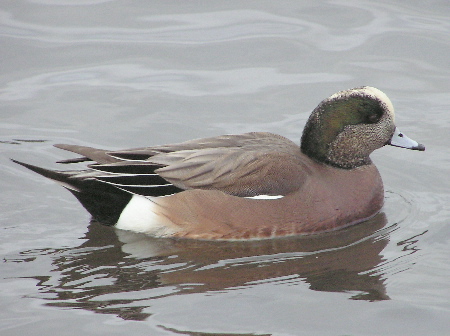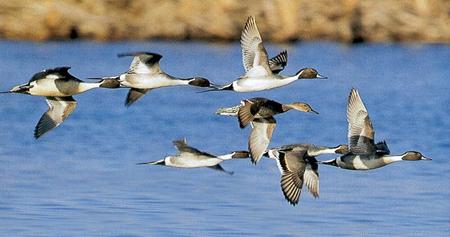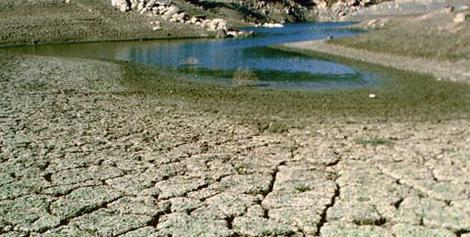
Despite welcome rains in late March, much of Texas remains parched by prolonged drought of historic proportions, and wildlife die-offs of whooping cranes and deer have been reported. However, experts say native wildlife evolved to bounce back from drought, and a bigger issue is how human water use is changing the equation, and how drought underscores the need for water planning and conservation. “The current drought affecting all of Texas has reached historic proportions, with the past six months among the driest since the long-term drought of the 1950’s and 1917, the driest year on record.” That sentence begins the March 11 situation report from the governor’s Drought Preparedness Council.
The council report said last December through February was the driest period on record for the east, south central, and upper coast regions. It also noted the entire state was classified as at least “Abnormally Dry” according to the United States Drought Monitor. Continued dry range conditions could have a negative impact on wild turkey production and hunting prospects for spring turkey season, according to Texas Parks and Wildlife Department biologists. If parts of Texas remain parched, particularly the south, experts say Rio Grande turkey breeding activity and nesting effort will be greatly reduced or nonexistent. Rio Grande spring turkey hunting season runs April 4-May 17 in the North Zone, with special youth-only weekends March 28-29 and May 23-24. The South Zone season runs March 21-May 3, with youth weekends March 14-15 and May 9-10. Harvest data is collected and used for turkey management. Continue reading Dry Weather Impacts Native Wildlife
